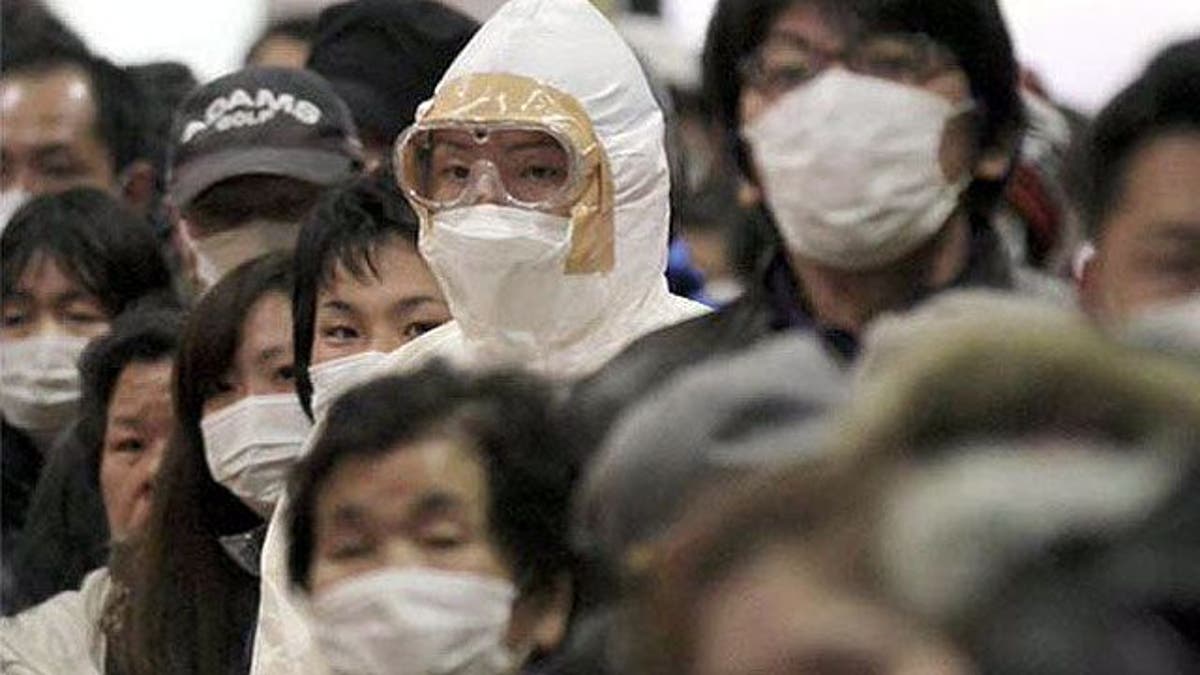
In the year-plus since the world's worst nuclear accident in a quarter-century, Japan saw a run of dubious products aimed at detecting or alleviating radiation's effects.
In January, Japan's nursery-school association issued a fraud alert on a company, Japan QRS Health Management Association, that claims it could measure a person's internal radiation accumulation with a machine reading an electromagnetic aura from snips of the person's hair. That prompted Tokyo's Bureau of Social Welfare and Public Health to open a probe.
A suit that supposedly makes the wearer sweat out radiation was flagged as suspect by the government last July. Japan's consumer-watchdog agency also took note of bathtubs priced at $6,500 that purport to suck radiation out of bathers, among the items that led it to issue a report warning consumers.
In Iwaki, about 25 miles (40 kilometers) south of the Fukushima nuclear plant where the accident occurred in March 2011, the emergency-response department said it received a barrage of radiation-related pitches.
The vendors appear to be taking a profit from the public's worries over radiation exposure in post-accident Japan, particularly in areas near the plant with contamination.
Elevated levels of radiation are showing up in everything from beef and rice to fertilizer and concrete, causing anxious residents to ask how much is building up inside their own bodies and what the effects will be.The government has been slow to address the public's concerns over radiation exposure, leading people to scramble for solutions on their own.
Radiation specialists say many of these anti-radiation products are pure fiction. "Quackery, in a word," Columbia University Mailman School of Public Health researcher Norman Kleiman said, on the claim that a machine can detect how much radiation accumulated in someone's body from a strand of hair.
But for worried consumers, many of whom know little about radiation or its effects, the range of goods is bewildering and the science underpinning them unclear. Some of the most anxious are the parents of young children, who experts say are the most vulnerable to the effects of radiation.
